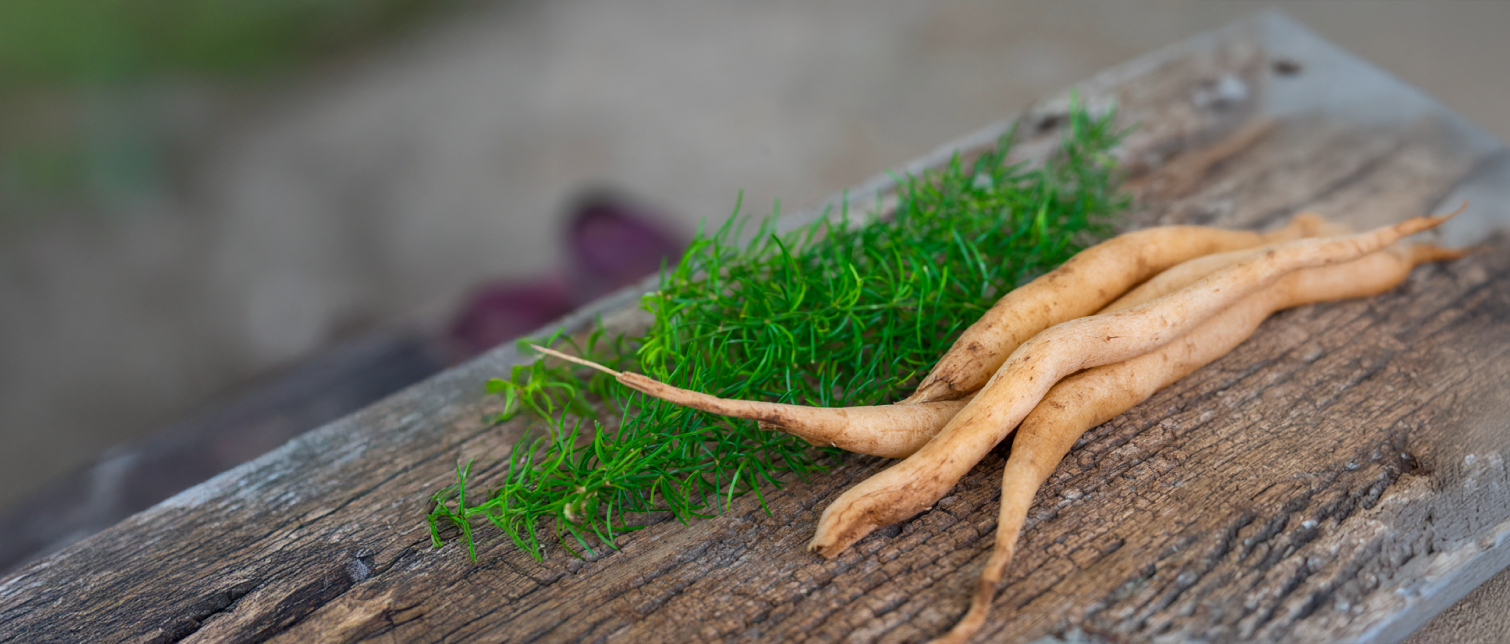Astragalus – Funny Name, Serious Support for Our Health
Astragalus has been used for millennia in the Chinese herbal tradition, and it is now being studied rather extensively for its support of the immune system and cardiac health.
History and Recognition
In the writings of T’ao Hung-ching, around 500 AD, astragalus (Astragalus membranaceus) was classified as a “superior” herb, among the most respected for its tonifying activity. This class of herbs was said to “control the maintenance of life” and to be safe to use even in large amounts or over a prolonged period, and even for children. Astragalus is still used as a primary tonifier, and it is currently listed in the pharmacopoeias of the People’s Republic of China and Japan.
Tonifying Qi
Astragalus is known for its ability to tonify and replenish qi, especially defensive (wei) qi. It tonifies the spleen, lungs and kidneys, and supports healthy circulation and skin.
Support for Systems and Organs
Astragalus promotes generation of body fluids and promotes healthy numbers of blood cells in the bone marrow, including white blood cells. These white blood cells help to support healthy immune system function.
It also supports normal circulation of qi, blood and body fluids, and it facilitates the elimination of excess water. The increased blood flow helps promote healthy skin and its supportive tissues. Increased blood flow to the extremities also helps nourish muscles. Healthy circulation also supports the normal function of organs that support immune system health – liver, kidneys, spleen, lungs and skin.
Modern Research
Research on the beneficial effects of astragalus includes in vitro and human clinical trials. In vitro studies are collecting pharmacological data, examining the effects of the various constituents of astragalus, including polysaccharides, triterpenoids, flavonoids, isoflavonoids and amino acids, including GABA. Some studies are exploring its ability to effect natural killer (NK) cell activity.
Clinical studies of this immune-enhancing botanical show that it supports cardiovascular health and function, which may be related to its antioxidant effects. Other studies have determined that it has prophylactic and protective effects. An American Herbal Pharmacopoeia monograph included a report on one clinical trial to study the effects of astragalus on the body’s natural defense against viruses, which revealed that it supported the leukocytes involved in this specific role.
Although some may think that this herb has a funny name, its ability to tonify and support immune system function have earned its classification as a “superior” herb.
Related Posts


